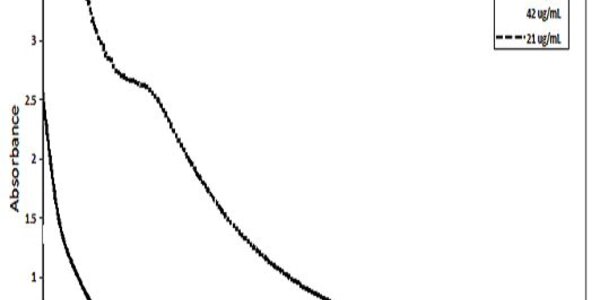Cancer Cells And Rabbits - Not All Are Created Equal
Cancer cells are, well, cancer cells; cells that grow uncontrollably in the host, and ignore all patterns and signals that govern the structural integrity of tissue and organs.
Much research in the last several decades have defined molecular features attributed to cancer cells, and more importantly what specifically can kill them. Decades of work goes by with the discovery of drugs that change the lives of many individuals and families touched by this disease. Yet despite the euphoria of success, scientists come face to face with a troubling problem of cancer cell resistance to treatment.…

